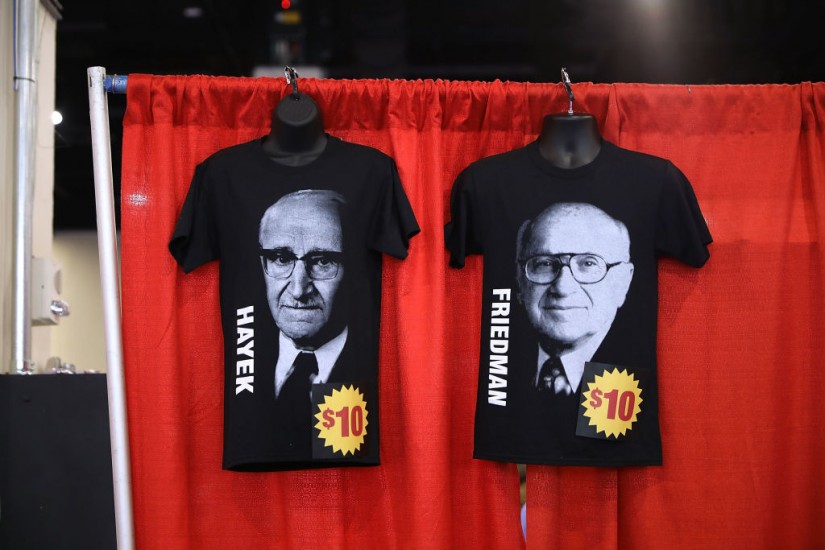Globalists, from Wellesley historian Quinn Slobodian, is important because it provides a new frame for the history of this movement. For Slobodian, the earliest and most authentic brand of neoliberalism was from the outset defined by its preoccupation with the question of world economic integration and disintegration. In the 1970s, neoliberalism’s proponents would help unleash the wave of globalization that has swept the world. But, as Slobodian shows, their advocacy for free trade and the liberalization of capital movement goes back to neoliberalism’s founding moments in the wake of the First World War. The movement was born as a passionately conservative reaction to a post-imperial moment—not in the 1950s and ’60s but amidst the ruins of the Habsburg empire. Torn apart by self-determination, the collapse of the Austro-Hungarian Dual Monarchy in 1918 was not just the failure of a complex multinational polity. In the eyes of von Mises and his ideological allies, it threw into question the order of private property. It was the First World War and the Great Depression that birthed democratic nation-states, which no longer merely shielded private property but claimed control over a national economy conceived of as a resource to be supervised by the state. Private property that had once been secured by a remote but even-handed imperial sovereign was now at the mercy of national democracy.
Faced with this shocking transformation, neoliberals set out not to demolish the state but to create an international order strong enough to contain the dangerous forces of democracy and encase the private economy in its own autonomous sphere. Before they gathered at Mont Pèlerin, von Mises hosted the original meetings of the neoliberals in the Vienna Chamber of Commerce, where he and his colleagues called for the rolling back of Austrian socialism. They did not think that fascism offered a long-term solution, but, given the threat of revolution, they welcomed Mussolini and the Blackshirts. As von Mises remarked in 1927, fascism “has, for the moment, saved European civilization.” Even in the late 1930s, Wilhelm Röpke, another leading neoliberal, would unabashedly declare that his desire for a strong state made him more “fascist” than many of his readers understood. We should not take this as a light-hearted quip.
